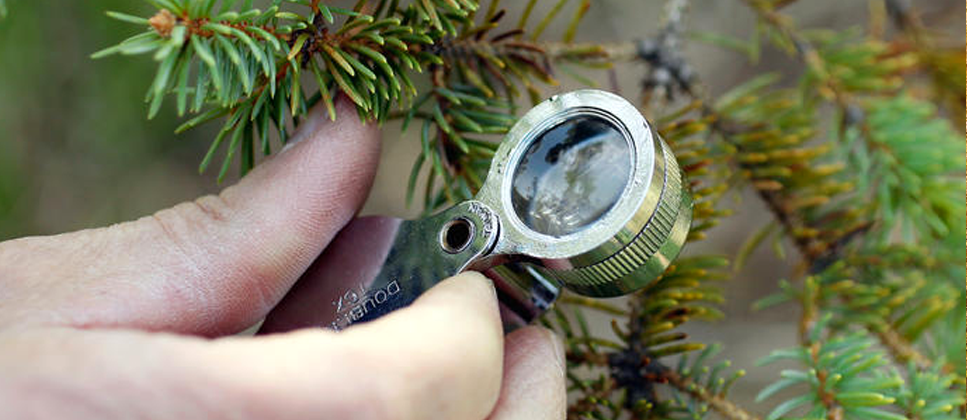
FieldSTEM® is the Pacific Education Institute’s (PEI) teaching and learning model designed to help classroom educators equitably implement natural resource and conservation education projects in communities across Washington. FieldSTEM engages students, teachers, administrators and community collaborators from agencies, business and Tribes to co-design locally relevant, systemic curriculum that builds science and civic literacy so that youth are prepared and inspired to make balanced decisions for just and sustainable communities. FieldSTEM projects support students in the development of culturally responsive, critical and creative thinking, where learning of the state educational standards from core subject areas is applied in authentic context. When taught with fidelity, FieldSTEM is subject integrated, career connected, place-based, field-based education.
PEI has Regional FieldSTEM Coordinators that live and work in communities around the state. They facilitate curriculum scope and sequence work sessions, provide professional learning workshops and on-going support for educators. PEI has teaching materials developed in consultation with OSPI and natural resource and conservation experts for PreK-12.
Our professional development model demonstrates and embeds research-based instructional practices that encourage educators toward continual improvement in FieldSTEM delivery. Our FieldSTEM Implementation Continuums, at the classroom, school and district level, identify components of FieldSTEM implementation and provide indicators for three levels of implementation: 1. Exploring, 2. Emerging, and 3. School of Excellence. To learn about upcoming professional development opportunities, please see our events calendar.
We are leading the FieldSTEM movement in Washington by connecting the natural resource, agriculture, and environmental sectors to education and providing businesses with tools to effectively engage students in career-connected learning that will help them attain employment and thrive in future jobs. By collaborating with marginalized communities including rural, low-income, and Tribal communities, we promote diverse and inclusive models of learning that lead to equity, one of our core values. At the same time, we are helping to bridge the gap between major workforce needs that go unmet in the natural resource, agriculture, and environment sectors, and student perception that there are no jobs available in their communities.
Our resources and tools include customizable, integrated curriculum guides and performance tasks that are designed by education experts and aligned to the Common Core State Standards (CCSS) and Next Generation Science Standards (NGSS). As we serve more educators, schools, and districts throughout the state, we are continually developing and refining our tools and resources to meet teacher needs.
To learn more about implementing FieldSTEM in your classroom, school, or district, please contact [email protected].


